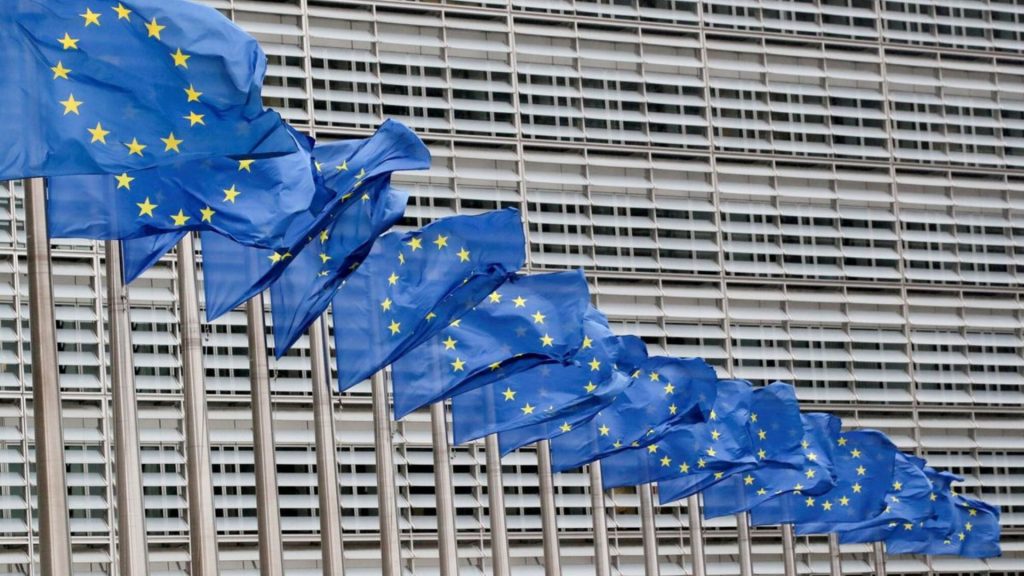
The IMF (International Monetary Fund), has recommended to the EU (European Union) that it seeks to undertake a solid economic reform but that it is politically acceptable in order to prevent the accumulation of its public debt, in this state but they have not prevented an undesirable accumulation of public debt and risks of fiscal sustainability in some members. ”
The financial institution, based in Washington, has considered in its report that how it was seen in the crisis of European sovereign debt, these risks threaten to end the stability of the monetary union already established in the past in addition to continuing to create vulnerabilities despite the efforts that have been made to strengthen the central supervision of this.
The IMF has also proposed “linking fiscal rules at the level of risk”, based on “the speed and ambition of the adjustments would be linked to the degree of fiscal risks” despite the fact that the 60% limit of GDP to the indebtedness and 3% to the deficit are maintained as reference values.
In search of a new balance
Following this, countries with a higher level of fiscal risk should seek to advance made a positive balance in the next 3 to 5 years, but those that have lower risks and a debt less than 60% may have greater flexibility. In addition to this, the IMF is also necessary to strengthen the different tax institutions, this with medium and long -term aspirations marking multiannual spending stops and a greater role of independent fiscal councils.
As its last proposal, the IMF wants a “well -designed” fiscal capacity to develop to be able to achieve two key objectives, these are: “the search for macroeconomic stabilization, and allow the provision of common public goods at the community level, as in terms of climate change or energy security”.
With all this, the International Monetary Fund seeks that its recommendations be seen as “a package of interconnected elements to promote effective reform”, also admits that a mutual effort is required so that EU reforms and national implementation are in synchrony. In his opinion “the extraordinary economic uncertainty and the fiscal challenges that are coming”, makes this new reform be made wait for a long time.
“More delays would force countries to return to the old rules with all their problems. The opportunity should not be wasted,” adds the IMF to conclude where it emphasizes that it is urgent to carry out modifications to be able to counteract the current crisis that is being experienced.